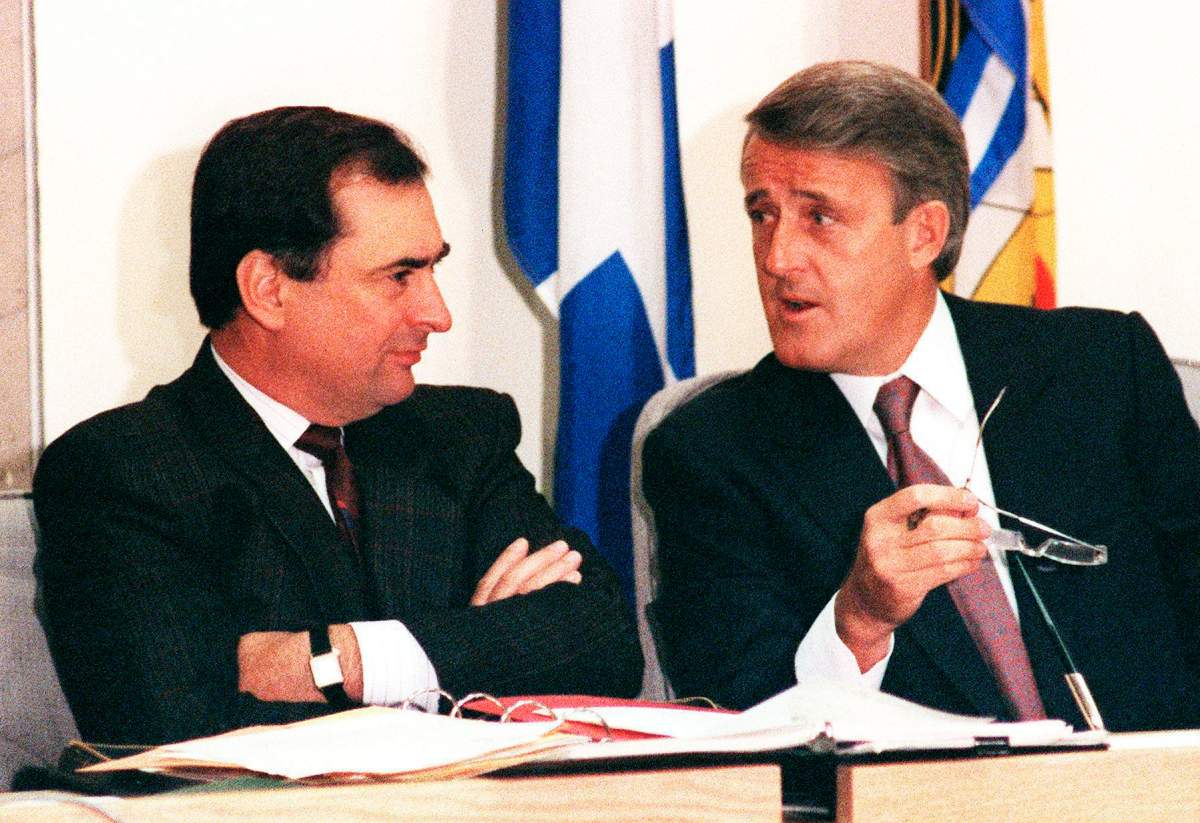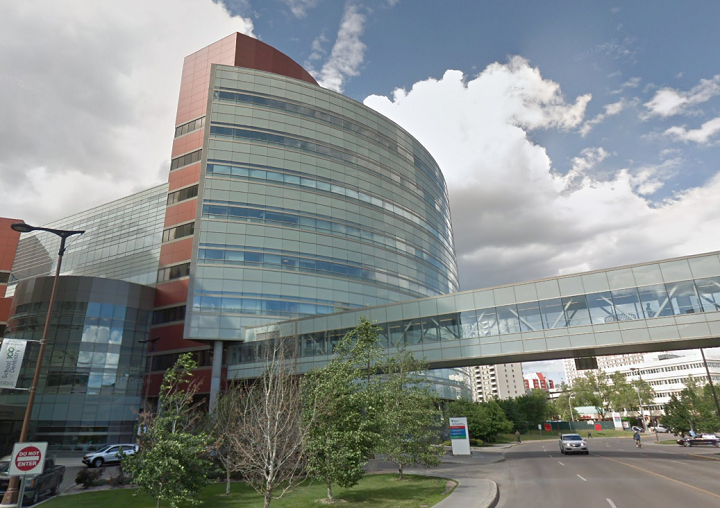Don Mazankowski, who served as member of Parliament for decades and was also the former director of ATCO, passed away Tuesday night.

He was 85.
In the House of Commons Wednesday afternoon, a moment of silence was held in honour of Mazankowski.
ATCO also confirmed the news to Global News, describing Mazankowski as “insightful, engaged and proactive… a treasured voice of reason.” He served on the board from 1999 until his retirement in 2012.
Mazankowski was also the MP for Vegreville for 25 years, winning seven general elections starting in 1968.
Mazankowski served as a cabinet minister under two prime ministers — Joe Clark and Brian Mulroney — and as Conservative deputy prime minister from 1986 to 1993.

Premier Jason Kenney described Mazankowski as “a truly great Albertan who loved and served his community and country without reserve.”
“With the election of Brian Mulroney’s majority government in 1984, Don became known as the ‘Minister of Everything,’ serving variously as deputy prime minister, government house leader, minister of transport and minister of finance,” Kenney said.

Get daily National news
“He played a leading role on critical issues as chairman of the Cabinet Operations Committee, including the negotiation of the Canada-U.S. Free Trade Agreement.”
Kenney said that even after Mazankowski officially left politics, he continued to play an important role, helping to negotiate the merger agreement that led to the creation of the Conservative Party of Canada.
“Through all of that, Don and his wife Lorraine stayed true to their rural roots, continuing to live in Vegreville and, more recently, Sherwood Park. Even after serving in the highest offices in the land, he continued to be known by his countless friends simply as ‘Maz,’ a man who personified the virtues of humility and servant leadership.”
The premier extended condolences on behalf of the government to Don’s widow Lorraine, their children, grandchildren, friends and loved ones.
Flags at the Alberta legislature were lowered in his memory.
He was founding chair of the Institute of Health Economics, chair of the Canadian Genetics Diseases Network and member of the Board of Governors of the University of Alberta. He was chair of former Premier Ralph Klein’s Advisory Council on Health and reviewed Alberta’s health system.
The Mazankowski Heart Institute of Alberta was named after him.
Mazankowski was born in Viking, Alta., to U.S. immigrant parents of Polish descent. He worked on the family farm and was a young farmer and businessman.
The government of Alberta website says, when Mazankowski was asked what he most appreciated about Canada, he said “the beauty of the land and its people.”
Shannon Stubbs, the current Conservative MP for the constituency of Lakeland, which includes the Vegreville area, said Mazankowski has left a huge impact.
“You really stand in the shadow of people like that… major shoes to fill,” she said. “I don’t know if I’ll ever be up to that. But we all, as Canadians and Albertans, we owe a duty of reflection and gratitude.
“All day it’s just been a flood of thinking about the legacy that he left — certainly in Vegreville, around the communities in Lakeland — but also his decades of selfless public service to the country as a whole and a voice for westerners and Albertans.”

















Comments
Want to discuss? Please read our Commenting Policy first.